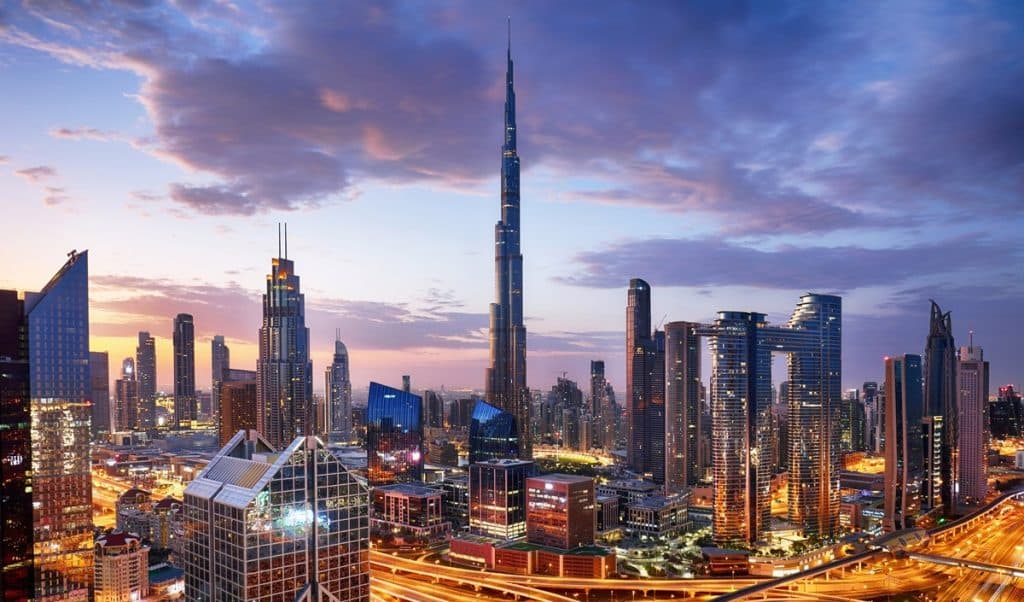The UAE has achieved a significant milestone in its efforts to combat money laundering and financial crimes. The Paris-based Financial Action Task Force (FATF) has recently recognised the UAE’s substantial progress in implementing compliance measures and is poised to remove the country from the global financial crime watchdog’s “grey list.” This development carries significant implications, not the least of which will be felt in the vibrant real estate market of Dubai.
A boon for Dubai’s real estate
Dubai’s real estate market has long been known for its allure and magnetism. The city boasts iconic skyscrapers, luxurious residential properties, and an array of world-class amenities.
However, in recent years, being placed on the FATF’s grey list had cast a shadow over the real estate sector. This designation led to concerns about money laundering, which subsequently affected the market’s perception among international investors and property buyers.
The imminent removal of the UAE from the list presents an opportunity for Dubai’s real estate market to regain its lustre. Here are some key insights into how this development will impact the sector.
Increased investor confidence
The removal from the grey list signifies the UAE’s commitment to bolstering its financial regulatory framework. This move will undoubtedly boost investor confidence, both domestically and internationally. As a result, more investors, including high-net-worth individuals and institutional players, are likely to explore the opportunities within Dubai’s real estate sector.
Easier access to financing
For developers and property buyers, the UAE’s exit from the grey list may lead to more favourable financing options. International banks and financial institutions may become more willing to provide funding for real estate projects, thereby promoting growth and innovation within the market.
Expanded demand for luxury properties
Dubai has been a haven for luxury real estate, and with the removal from the grey list, the demand for high-end properties is expected to surge. Wealthy individuals, including those from Russia and other countries, who previously relied on informal channels for financial transactions, may now feel more comfortable investing in Dubai’s upscale real estate offerings.
Rebuilding trust
The UAE’s commitment to enforcing anti-money laundering regulations and sanctions against non-compliance at financial institutions will serve to rebuild trust in the real estate sector. This is particularly important in light of the past association between informal money transfers and Dubai’s property market.

Potential for increased property values
As demand rises and investor sentiment improves, Dubai’s real estate market may experience a potential upswing in property values. However, the sector will need to maintain a delicate balance to ensure affordability for a broader spectrum of buyers while catering to the luxury market.
Diversifying real estate offerings
Dubai has long been known for its iconic skyscrapers and luxurious residential properties, but the removal from the grey list brings forth an opportunity for diversification within the real estate sector. Developers may now explore new concepts and property types to cater to a broader range of investors.
This could include affordable housing options and innovative co-living spaces. By diversifying real estate offerings, Dubai can accommodate the needs of various segments of the population while creating a more resilient and adaptive property market that is less dependent on cyclical trends, ensuring long-term stability and growth.

Attracting a global wave of talent
Beyond the immediate financial benefits, the UAE’s exit from the grey list is likely to catalyse a surge in global talent attraction. Dubai’s real estate has always been a melting pot of international culture and ambition. With the renewed trust in the financial system, professionals, entrepreneurs, and business leaders from diverse corners of the world may consider relocating to Dubai.
The city’s cosmopolitan lifestyle, excellent infrastructure, and the prospect of investment-friendly regulations will be a magnet for individuals seeking to build their careers and lives in the heart of the Middle East. As these talents flock to the city, the demand for high-quality residential properties, from apartments to luxury villas, is bound to grow, further stimulating the real estate market.









